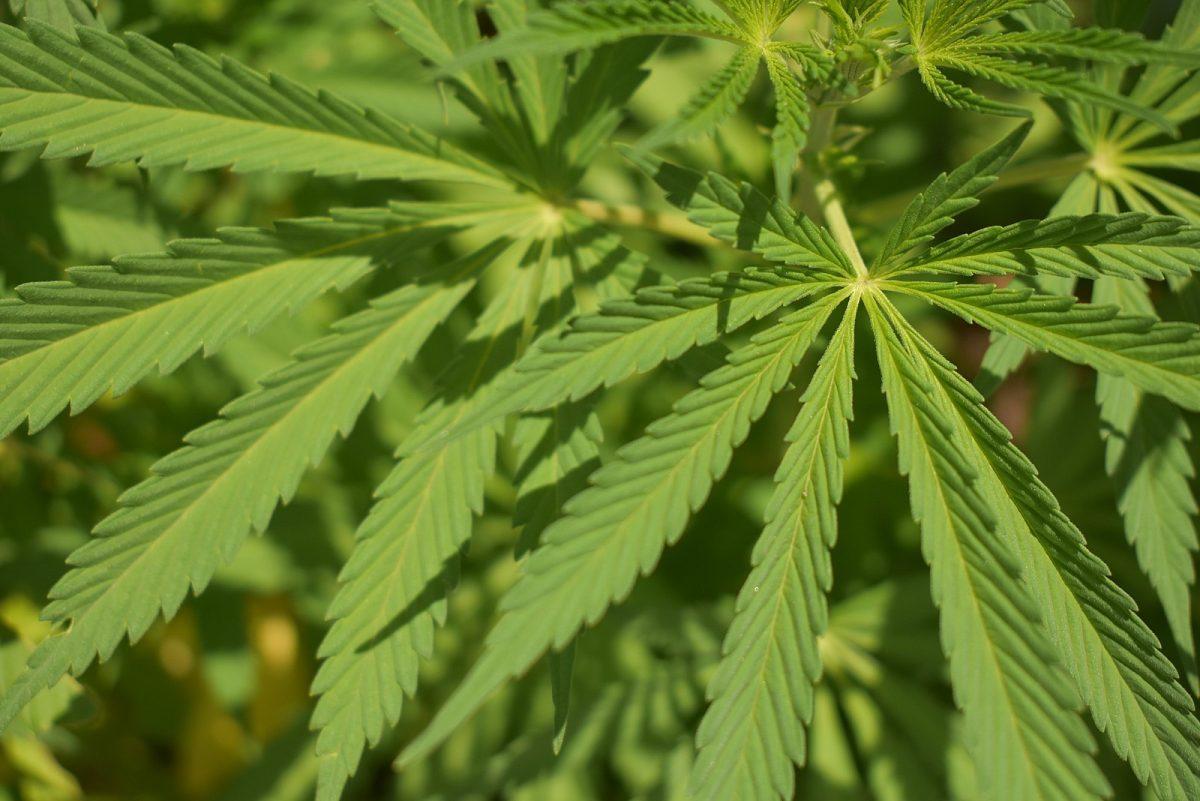Decriminalize College Station is a student group collecting signatures for a petition that would decriminalize marijuana in College Station.
The group started collecting signatures on April 20 and has since collected over 600 signatures, political science junior Patrick Englehart, petition author said. Cannabis Hemp Innovation League, Aggies for Liberty and Young Dems BCS are all involved in organizing the petition, and started planning in early January, molecular and environmental plant sciences Ph.D. student Joshua Van Dyke, a Decriminalize College Station leader said.
This group is working to decriminalize cannabis possession by entering into a city ordinance that creates new rules for marijuana enforcement, Englehart said. Elections to amend a city charter can be held if 5% of the registered voters in College Station — at least 2,500 — sign a petition, Van Dyke said.
“We’re aiming for 4,000 [signatures], just so we have more than enough to get there,” Van Dyke said.
The petition has four main areas, Englehart said. The petition outlines that police officers in College Station would not be able to arrest for a class A, two to four ounces, or class B, zero to two ounces, misdemeanor, unless they are already being charged with a felony, Englehart said. Second, it would end College Station’s use of marijuana testing. The tests are very unreliable and CBD — which is legal, can sometimes show up — Englehart said. Third, College Station police officers would not be able to use smell as a probable cause to search a vehicle. Lastly, police would get trained on the new policies, Englehart said.
“The only thing this is changing is if you’re just with your friends at 2 a.m., and a cop knocks on the door because he smelled something funny,” Englehart said. “None of you can get arrested for that because that’s the only misdemeanor you’ve committed.”
Currently in College Station, a class A or B misdemeanor can be charged under Texas Health And Safety Code Section 481.121 with a maximum fine of $2,000 and up to 180 days in jail for class B or $4,000 and a year in jail for class A, Englehart said.
The group has ensured that they are complying with Texas A&M in regards to collecting signatures, plant and environmental soil science junior Clay Moore, president of the Cannabis Hemp and Innovation League said. A&M is smoke-free and no one is disrespecting those rules, Moore said.
“This is completely on anyone’s time that they might get caught with that small possession or anything like that off campus,” Moore said. “We’re trying to protect those students.”
It takes manpower and time to collect signatures, but students have been showing their support, Van Dyke said.
“Taking signatures is sometimes hard, but when we go out and do that, most people here are very supportive of this, and they’ll go up and they’ll take signatures and post this on their stories,” Van Dyke said. “On our first day alone, we got 260 signatures.”
There are a ton of students on campus who are for decriminalization, with some sprinting to sign, Moore said. Englehart petitioned on Northgate and went door-to-door at The Cottages, and he had more willing to sign than he thought, Englehart said.
“I had a lot more ‘Hell yes’ to a signature request than I thought I would,” Englehart said.
Marijuana use is less dangerous than people assume, and probably less dangerous than alcohol, Van Dyke said. Yet, it is treated much worse.
“I think as a society, and especially here in College Station, we kind of push drinking culture,” Van Dyke said. “It just seems hypocritical to me that we are so friendly with drinking and all these things, and there’s something that is less dangerous than that, and we throw people in jail for it, and ruin their whole lives for it.”
Friends of Englehart have been arrested for marijuana possession, and while they only spent one or two nights in jail and had average fines of $1,000 each, lawyer costs can range from $5,000 to $10,000 for such a charge, Englehart said.
“You’re not often going to have the full 180 days in jail, but you’re going to have something,” Englehart said.
In pushing for decriminalization, the petition organizers want to affect change for College Station and broaden the debate about it, Englehart said. By pushing the issue, it forces people in power to address it, Englehart said.
“I think we’re putting it on state legislators’ radar, so that hopefully we can have some state action on this,” Englehart said.




















